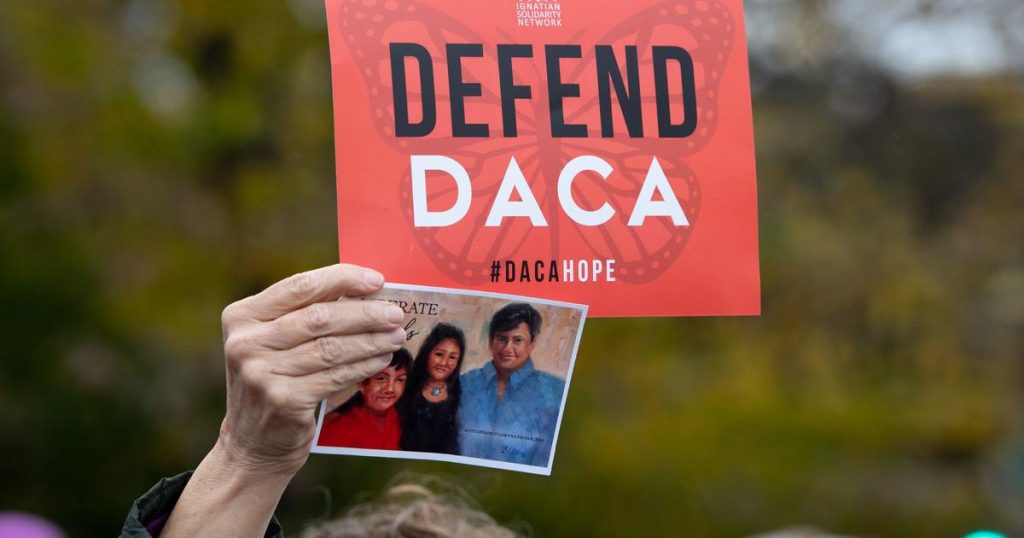A federal appeals court recently heard arguments regarding the fate of the Deferred Action for Childhood Arrivals (DACA) program, which was enacted in 2012 by the Obama administration to protect undocumented immigrants brought to the U.S. as children. The current legal battle stems from a lawsuit by Texas and other Republican-led states opposing the policy. At the lower court level, U.S. District Court Andrew Hanen deemed the Biden administration’s effort to codify the program into federal regulation unlawful. Hanen and the 5th Circuit have previously ruled against DACA, finding that the Obama administration did not have the authority to grant deportation protections and work permits to unauthorized immigrants without congressional action.
During the recent court hearing, lawyers representing the Biden administration and DACA enrollees argued that Texas lacks legal standing to sue over the program, as the state has not proven any harm. Texas argues that it is burdened by educational and healthcare costs due to DACA recipients living in the state and claims that terminating the program would alleviate these financial strains. The Justice Department lawyer representing the Biden administration urged the 5th Circuit to keep DACA intact for current recipients even if the initiative is ruled against. The panel of judges presiding over the arguments includes appointees from Reagan, Bush, and Obama administrations.
Any ruling by the 5th Circuit is likely to be appealed to the Supreme Court, which previously prevented the Trump administration from terminating DACA on administrative grounds and has not yet issued a ruling on the legality of the program. DACA allows certain immigrants who arrived in the U.S. illegally as children to live and work legally in the country, provided they meet specific requirements. As of June 2024, approximately 535,000 immigrants were enrolled in DACA, with a significant portion residing in California, Texas, Illinois, and New York. The fate of DACA may also be influenced by the outcome of the upcoming presidential election, with Vice President Kamala Harris expressing strong support for the program.
Despite expressing some sympathy for “Dreamers” in the past, former President Trump attempted to cancel DACA in 2017, and his stance on the program if re-elected remains unclear. Trump has vowed to initiate mass deportations of undocumented immigrants in the event of a return to the White House. The future of DACA remains uncertain as legal challenges continue to unfold in the courts, ultimately impacting the lives of hundreds of thousands of individuals who rely on the program for protection from deportation and the ability to work legally in the United States.














